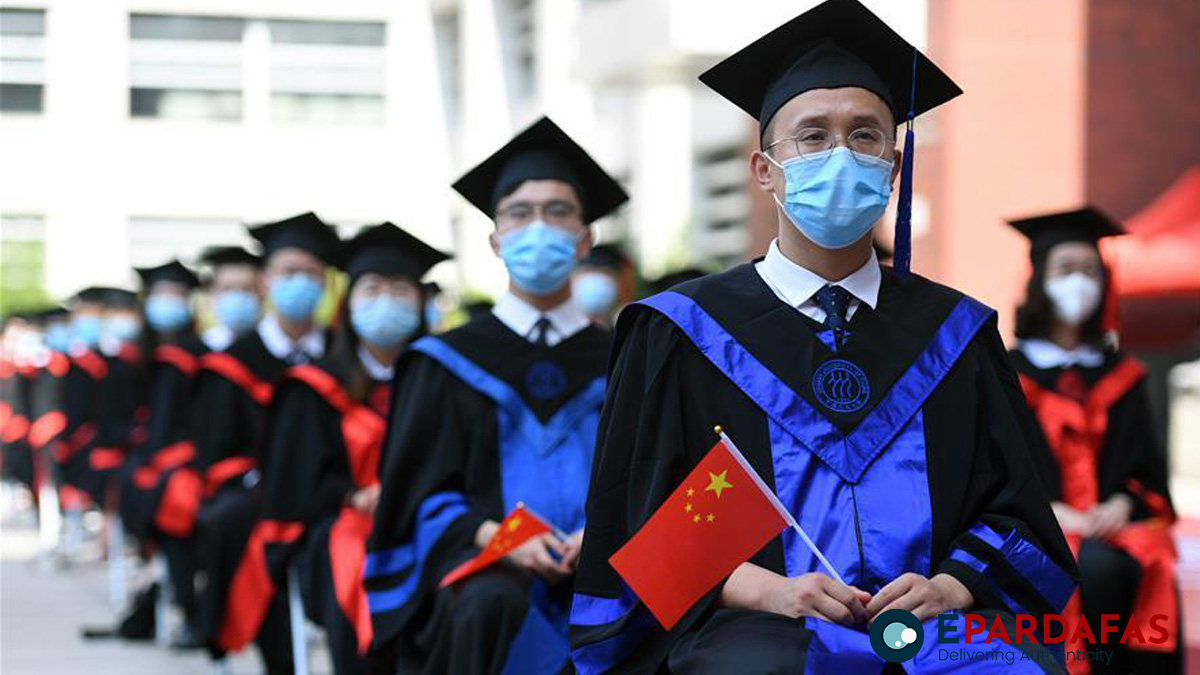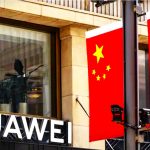
China Introduces Patriotism Law to Address Youth Unemployment Crisis
In the wake of the global economic challenges posed by the COVID-19 pandemic, China is navigating an increasingly complex political and economic landscape. Faced with shifting global dynamics and economic headwinds, the Chinese government has embarked on a multifaceted approach to steer the nation through these turbulent times. Among the strategies being pursued is a legislative initiative known as the Patriotic Education Bill, aimed at addressing the concerns of China’s youth grappling with rising unemployment and an economic downturn.
The Chinese government is acutely aware of the need to shore up domestic support and foster unity amid internal and external challenges. In response to mounting unemployment rates and economic recession, the Patriotic Education Bill has been introduced with the aim of garnering both internal and external backing for the Communist Party’s policies. This legislative proposal has been submitted for consideration within China’s National People’s Congress, with the potential to be fully adopted.
At its core, this bill seeks to promote the great resurgence of the Chinese nation—a vision that President Xi Jinping has described as “the biggest dream of Chinese national interests” in modern times. The proposed legislation encompasses a broad spectrum of articles designed to instill patriotic values among all segments of society. This includes individuals, social institutions, organizations, parents, and legal guardians, with a particular emphasis on nurturing a love for the motherland through family education.
A concerted patriotic education campaign will be led by governmental bodies and educational institutions, with Article 16 emphasizing their role in cultivating responsible citizens. Article 17 extends the scope to encompass the arts, scientific and technical organizations, industrial and commercial groups, and labor organizations, all playing a vital role in fostering patriotism.
The curriculum of this patriotic education includes lessons on history, culture, national leaders, symbols, and the importance of the motherland. It aligns with President Xi’s vision of socialism, Marxism-Leninism, Deng Xiaoping’s theory, and Mao Zedong’s ideology. In addition, internet service providers are tasked with promoting patriotic ideology by employing advanced technology.
However, the backdrop against which this legislation has been introduced is one of significant youth unemployment in China. Unemployment rates in the country have soared to alarming levels, with experts predicting that the rate could approach 50 percent in 2023. Official figures from mid-2023 indicated urban unemployment at 21.3 percent, but subsequent data collection was postponed, exacerbating concerns among Chinese youth.
The unemployment crisis has had far-reaching implications for both the nation’s youth and its economy. International media reports indicate that one in five individuals in China struggles to secure employment, with at least 339.6 million urban youth facing joblessness. These figures have sparked skepticism among Chinese experts, who believe that the actual situation may be even graver.
Zhizhang Dandan, an economics professor at Peking University, has suggested that real unemployment could be as high as 46.5 percent. This discrepancy arises from the manner in which employment is measured in China, which fails to account for individuals lacking education or training and who remain unemployed.
In the current geopolitical context, Taiwan finds itself confronting mounting military threats from China. The Chinese government claims Taiwan as an integral part of its territory and has indicated its willingness to use military force if necessary to achieve reunification. However, China currently exerts limited influence over Taiwan’s education system. The impact of China’s patriotic education on the Taiwanese population, particularly its youth, remains to be seen. Nonetheless, it is evident that this campaign is strengthening the sentiment favoring reunification with Taiwan, contributing to the heightened tension between the two regions.
In conclusion, the introduction of the Patriotic Education Bill by China comes at a pivotal juncture. China grapples with formidable economic challenges and rising political opposition within its borders. Recent instances of public unrest, including protests against home loans and COVID-19 lockdowns, underscore the simmering discontent. The Chinese government’s response to these challenges, including the Patriotic Education Bill, reflects its determination to navigate these turbulent times and consolidate domestic support. Ultimately, the success of these initiatives will shape China’s trajectory in the coming years, impacting its role on the global stage and the future of its relationship with Taiwan.
Input from- INS-Independent News














Comments